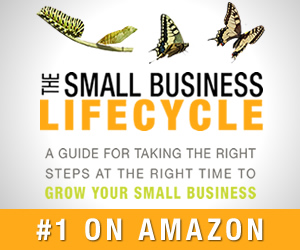I read a beautiful article by our own Lisa Berkovitz at Business Heroine this morning, and I found myself laughing along with it — because I, too, have been learning major lessons about the high value of not working.
“What’s interesting to me, and hopefully helpful to you, is to notice how challenging it was to stop, and how the faint feeling of guilt had to be exorcised before I could fully embrace and enjoy my time in Bali to the fullest. I was still feeling conditioned to be ‘productive,’ with my output tied to my feeling of value to the world, and to put the needs of others in front of the needs of my own body and Soul.” (Read the rest.)
I often wonder these days if we are all so conditioned to prize Productivity and Achievement and Getting Things Done and Being Busy so intractably that we forget how natural it is for us to stop, breathe, sit. Even when we consider the value of stopping, it’s almost like it’s tacked on, a side note, something we do more because we fear running into the Stress Wall than because we think it’s a natural human activity. (And sometimes, it’s because we want other people to see us stopping because that’s what successful people do. Hmm…)
I have certainly felt guilty for taking a break. I suspect I’m not the only one.
Isn’t it interesting that we feel guilt, or dissatisfaction, or dismissal, over something that is so healing and feels so good? I like launching into my work when I feel inspired, but if I feel guilty about stopping, there’s something weird going on. There’s something else driving that behavior, it seems, than simply desire. Is that the way we want to do our work? Driven by guilt or fear or anxiety about what someone else might think?
Is it possible our work changes if we refuse to work under duress?
This pervasive internal process seems like a pretty small duress compared to the awful conditions many people in the world are working in. We already know a lot about how freedom and creativity and relaxation and meditation all significantly improve a human being’s ability to do what that human being is inclined to do. We see creative workplaces like Google and Zappos and we marvel. We include more creativity-boosting elements in our offices, we try to hire people who are naturally enthusiastic about the work, we delegate fully and respectfully in order to avoid stagnancy of micromanagement, we endeavor to avoid the mistakes we see more “traditional” businesses making.
We’ve seen wonderful changes because of initiatives like these. Happier people, more connected customers, more successful projects. Human beings are amazing when they work in these ways.
But if we follow all that by cracking the subtle emotional whip over our own backs — even if we don’t know we’re doing it — how much are we still limiting ourselves? How much better could our work become?
Is the ceiling where we thought it was? Is there a ceiling at all?
It’s taken me a long time to start intuiting the presence of that subtle self-flagellation. The more I notice it, the more I refuse to work under those internal conditions, the more relaxed and creative and brilliant I feel… and the better all my work is.
Coincidence?

Image credit: davidd



Speak Your Mind